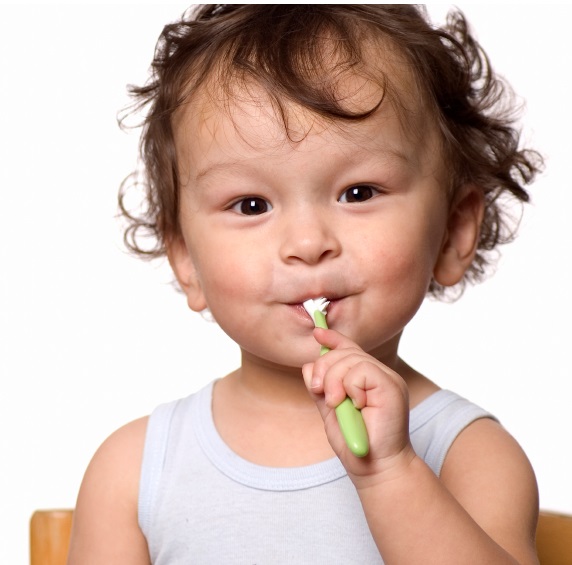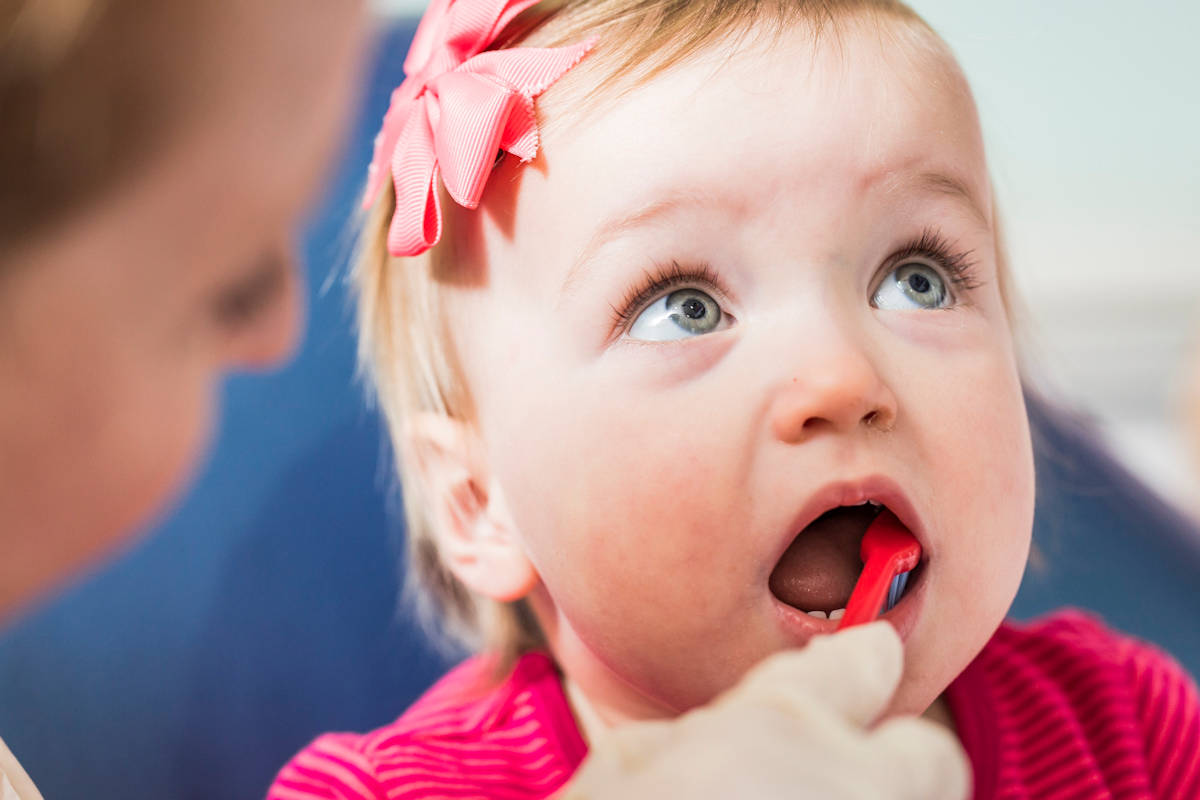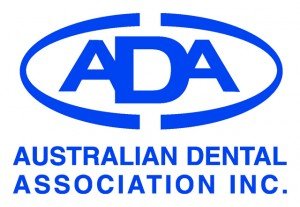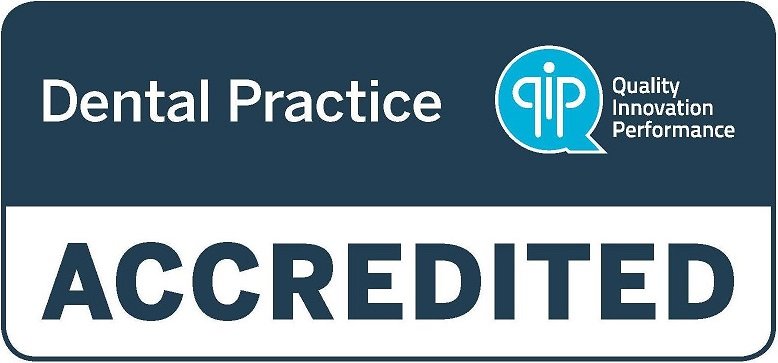
Children's Dentistry
It’s never too early to begin teaching good oral hygiene to your children. Behaviours learnt when they’re young tend to stick with them throughout life. There are a number of key things to keep in mind when it comes to keeping your kids teeth in tip-top condition. Eventually they will fall out to make way for the adult teeth but cleaning them is still important. If decay causes them to be removed it can cause crowding when their adult teeth emerge. Ensure they brush twice daily using a soft-bristled toothbrush and a pea-sized amount of toothpaste, which they shouldn’t swallow, remembering to brush for 2 minutes at a time. Use an egg timer to make time keeping fun for your child. Flossing should be introduced when they are able to do it for themselves and should start when they have 2 teeth that are in contact. At the age of 1 at the latest, or within 6 months of the first tooth appearing, your child should see their dentist regularly and understand that visiting them is an important part of growing up. ADA recommends that children should visit the dentist for a regular check-up once every 6 months to maintain good oral health. To develop strong teeth, your children need a healthy, balanced diet made up of fresh fruits, vegetables, cheese and lean meats. High sugar foods should be kept to a minimum and they should drink plenty of fluoridated tap water. Never put soft drinks, juice, flavoured milk or anything sweet in your baby’s bottle. You are exposing them to high concentrations of sugar for long periods of time which is a recipe for decay. A bottle with water is ok. It’s wise to check every now and then. Lift up their top lip, roll down their bottom lip so you can see the gums and look for white patches on the teeth that are close to the gum and don’t come off after brushing. This is a sign that tooth decay might be a problem. However, if you see grey, brown or black spots anywhere on the teeth this is not a good sign and you should book an appointment with your dentist straight away. A change in behaviour or if your child is kept awake at night can also be a sign of tooth decay. Accidents happen! And when they do, your kids’ teeth may get knocked out or damaged. Familiarising yourself with dental first aid means that you will be well prepared for handling dental trauma correctly.
Dental Health for Children

Baby teeth matter
Regular dental visits
Good eating and drinking habits
5 tips to stop decay in its tracks
Babies can get decay too
How to check if your child has decay
Dental Trauma
New Patient Special
Pyrmont & Martin Place Dental Health are offering all new patients on their first visit a gap-free (i.e. health fund rebate only) check-up and clean.
Find out more
Australian Dental Association
We are all members of the Australian Dental Association inc.
Learn More

Australian Dental Association NSW
We are all members of the ADA NSW Branch.
Learn More


